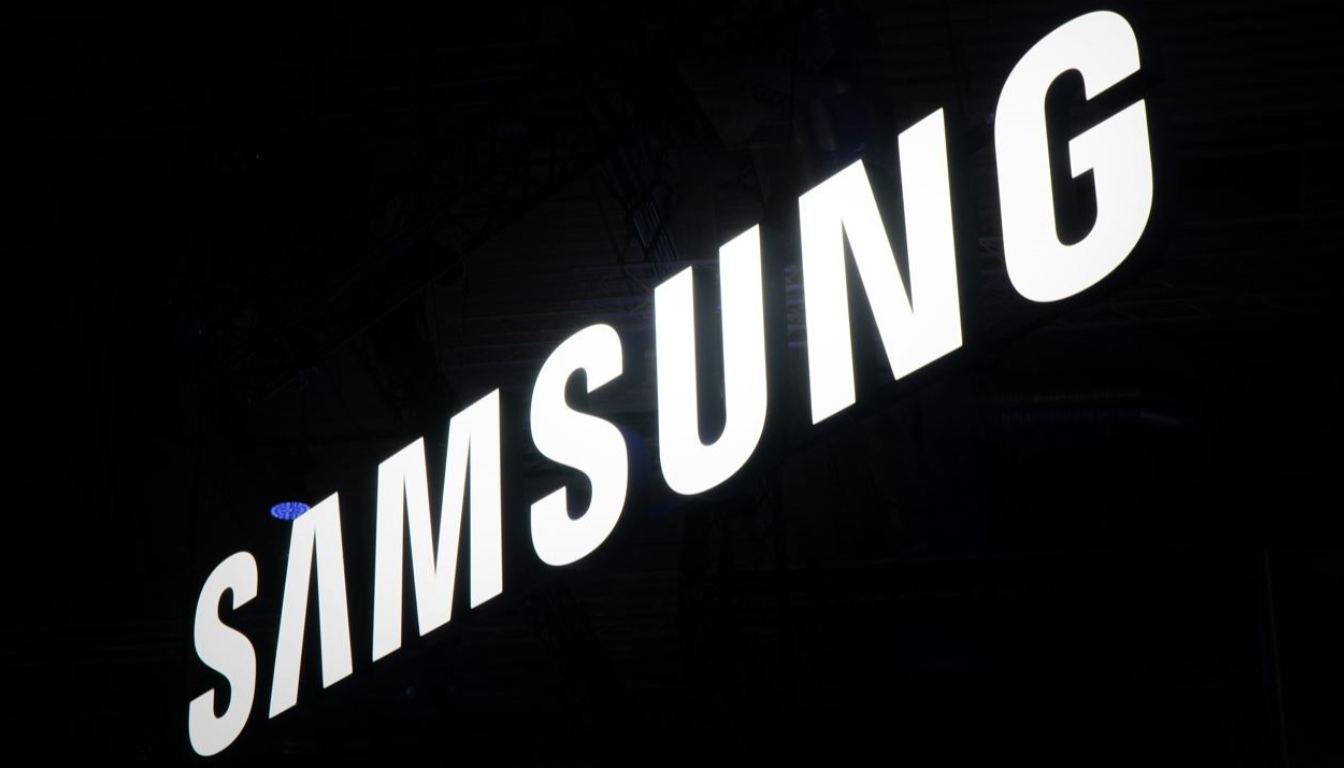Samsung Electronics, the world’s largest memory chip and smartphone maker, has fallen short of market expectations for its fourth-quarter profit. The company reported an estimated operating profit of 6.5 trillion won ($4.5 billion), a significant increase from the previous year but below analysts’ forecast of 7.7 trillion won. The shortfall highlights Samsung’s ongoing struggles in the competitive semiconductor industry and delays in its AI chip supply.
AI Chip Delays Impact Performance
One of the major factors behind Samsung’s profit miss is its challenges in delivering high-bandwidth memory (HBM) chips, particularly the HBM3E chips required by Nvidia for its AI products. Nvidia’s GPUs, essential for training and deploying advanced AI models, rely on these memory chips. Delays in supplying these components have not only impacted Samsung’s earnings but also raised concerns about its ability to compete in the rapidly growing AI hardware market.
Meanwhile, Samsung’s rivals, including SK Hynix, have been gaining ground in the HBM market. SK Hynix’s success in delivering advanced memory chips for AI applications has intensified competition, putting additional pressure on Samsung to recover its technological edge.
Struggles in Semiconductor Division
Samsung’s semiconductor division continues to face challenges as global demand for memory chips remains subdued. An oversupply of conventional memory chips has pushed prices down, further weighing on profits. Additionally, the company’s significant investments in expanding its chip manufacturing capacity have strained its margins.
Despite these setbacks, analysts remain optimistic about the long-term recovery of the semiconductor market. Demand for AI-driven technologies, 5G networks, and data centers is expected to drive future growth. Samsung’s ability to address its production delays and capitalize on these trends will be critical to its recovery.
Mobile Division Faces Stiff Competition
Samsung’s mobile business is also under pressure. The company is preparing to launch new flagship smartphones, which will play a crucial role in determining its competitive standing in the global market. However, Samsung faces fierce competition from Apple and Chinese manufacturers, who continue to capture market share with feature-rich devices at various price points.
Market Reaction
Despite the profit miss, Samsung’s shares rose 2.9% as investors remain hopeful for a rebound in chip demand later this year. Analysts suggest that Samsung’s share prices are heavily tied to its ability to improve its position in the HBM chip market and regain its technological lead over competitors like SK Hynix.
Looking Ahead
Samsung’s detailed financial results are expected later this month, offering further insights into the company’s strategy to address its current challenges. With the global semiconductor industry on the cusp of an AI-driven boom, Samsung’s ability to deliver high-performance chips on time will determine its role in the next phase of tech innovation.
As the company navigates these hurdles, all eyes will be on its efforts to recover its technological edge, compete in the AI chip market, and maintain its leadership in the broader tech landscape.



